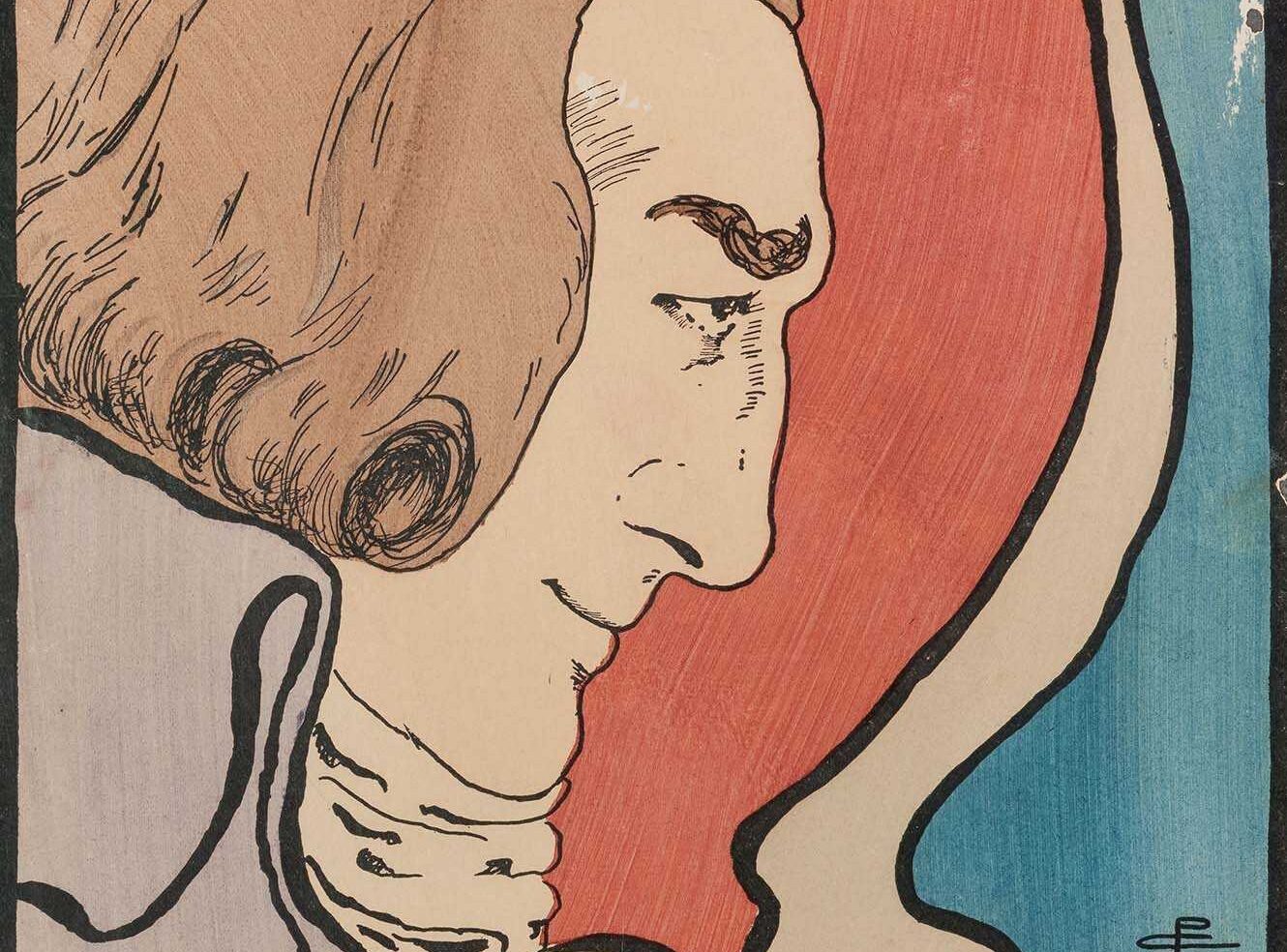Hate Mail for Old Abe Lincoln
Those somewhat sensitive to blasphemy may prefer to stop reading at this point.
This letter from a man called Pete Muggins to Abraham Lincoln, responding to Lincoln’s recent election to the office of US President in 1860, reveals to us that hate mail and trolling are far from a modern phenomenon. No doubt politicians have ever been objects of hatred yet before the advent of mass communication it was relatively rare for us to see directly the bitterness and rage that private citizens sent their way. This is a quite extraordinary outburst of bile and hatred and it gives us an insight into one extreme of the feelings surrounding Lincoln’s election in 1860; an election that led to the secession of the southern states of America and eventual Civil War.
A transcript of the letter is below but if you’ve no time to read it, it can be summed up in a few words: “God damn your god-damned soul and god damn you …” and so forth.
After several lines of repetitive abuse, the damning of Lincoln, his family, his friends, his friends’ families and the Vice President, Muggins gets to the nub of the matter. As you may have guessed, the root of Muggins’ ire with Lincoln is that he is a “God damned old abolition son of a bitch”. Lincoln’s election in 1860 was on an anti-slavery platform, something which deeply threatened the way of life and prosperity of many in the south who relied on the institution. Among the upset, it appears, was Pete Muggins.

Pete Muggins to Abraham Lincoln, November 25th, 1860 © The Gilder Lehrman Institute
This rather incoherent, yet stylistically consistent, rant ends with the puzzling damning of three or four “pretty gals” and the demand to send the writer “one dozen good offices”. Then in a wonderful and sudden mellowing, Muggins finishes with a most civilized and conventional “Will Oblige”. What he will oblige is an intriguing thought. One would assume that the linguistic shifts over time make the language used in this letter incredibly strong for its era. We can only imagine that in today’s parlance it might read something like “Old Abe Lincoln, you’re a complete *~@##**@! *@$*#!”, and so on.
Apparently this was one of many letters that Lincoln received and, before leaving his legal practice in Springfield for his inauguration, he took them down to the cabinet maker below his offices and asked the craftsmen to burn them in his stove. The cabinet maker instead asked if he could keep them and here it us with us, soon to feature in American History, 1493-1945: From the Gilder Lehrmam Institute of American History, New York. Ultimately, this letter gives us a great insight into the extreme passions of the era, passions that would lead to years of war and hundreds of thousands of deaths.
Fillmore La Nov 25th 1860
Old Abe Lincoln
God damn your god damned of hellfire of god damned soul to hell god damn you and god damn your god damned family’s god damn hellfired god damned soul to hell and god damnation god damn them and god-damn your god damn friends to hell god damn their god damned souls to damnation god damn them and god damn their god damn families to eternal god damnation god damn souls to hell god damn them and God Almighty God damn Old Hamlin to go hell God damn his God damned soul God all over everywhere double damn his God damned soul to hell.
Now you God damned old abolition son of a bitch God damned you I want you to send me God damn you about one dozen good offices Good God almighty God damn your God damned soul and three or four pretty Gals God damn you you
And by doing God damn you
Will Oblige
Pete Muggins
Recent posts

Foreign Office, Consulate and Legation Files, China: 1830-1939 contains a huge variety of material touching on life in China through the eyes of the British representatives stationed there. Nick Jackson, Senior Editor at AM, looks at an example from this wealth of content, one diplomat’s exploration of Chinese family relationships and how this narrative presented them to a British audience.

The Nineteenth Century Stage is a rich resource exploring the theatrical celebrities, artistry, and changing social roles of the era. It highlights Pamela Colman Smith, known for her Rider-Waite tarot illustrations and theatre work, whose influence shaped Victorian theatre. Despite being overlooked, her life and impact are vividly captured through striking art and intimate collections within this valuable resource.
